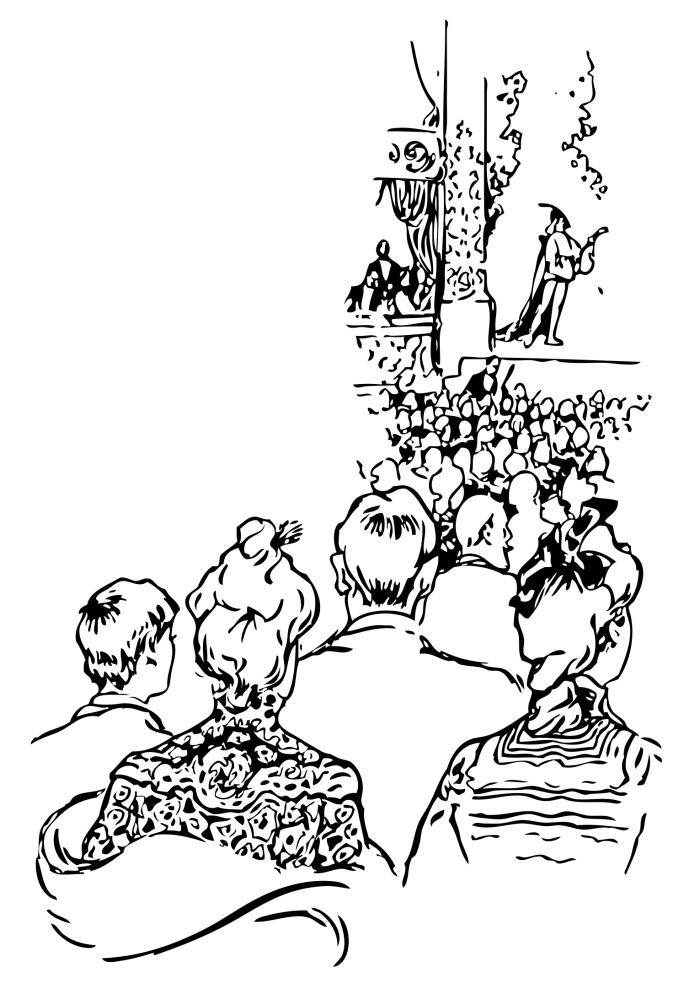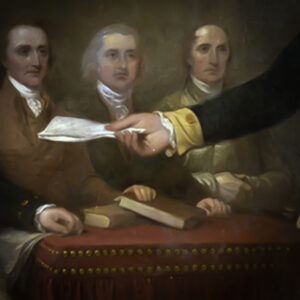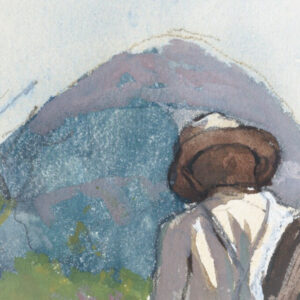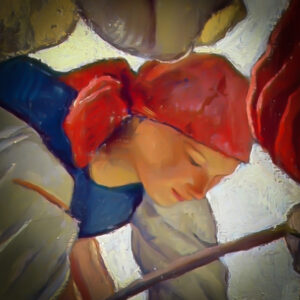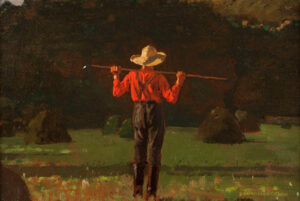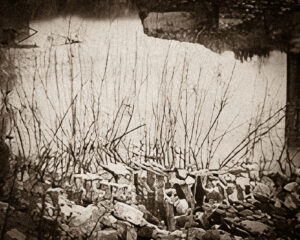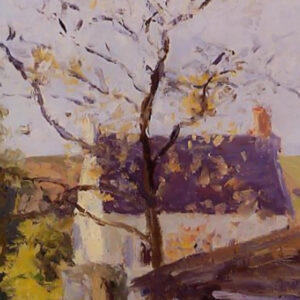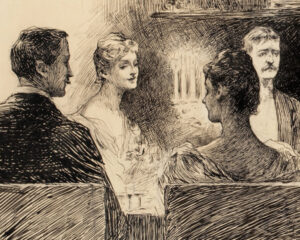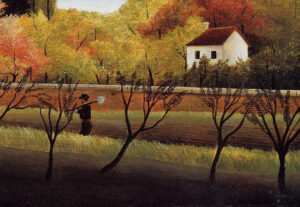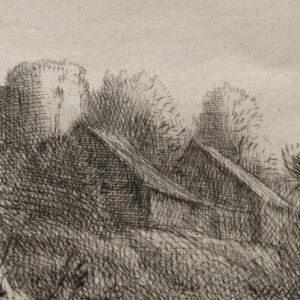The Healing Power of Opera
Italy, Lockdown, and a Review of the Met Online

Mr. Samuel Butterofen
For those who lack the religious resources to give the Covid crisis any meaningful orientation, one of the few moments of spiritual significance in this absurd and ongoing drama was when tottering Italy joined in song before the world. The videos went viral more rapidly than the virus itself, swiftly touching millions. The world was moved by Italy’s national solidarity in beauty and by its humanist resilience to the staggering crush of sudden tragedy and pain.
The global pandemic of operatic illiteracy naturally meant that very few of those millions of worldwide viewers ever recognized or understood the song that Italy was actually singing in its moment of national trial. It was the Chorus of the Hebrew Slaves, Va pensiero, from Giuseppe Verdi’s opera Nabucco. It is known by heart by every Italian man, woman, and child. At every performance of Nabucco, when the moment arrives, the whole show must stop and offer an immediate encore, replaying the gorgeous chorus a second time, the entire house this time joining together with the singers on stage.
The lyrics are a poetic rendition of Psalm 137: “By the Rivers of Babylon, there we sat and wept…” Nabucco is Nebuchadnezzar, and in the story those who sing are the exiled Jews, pining with pained longing for their lost homeland: O mia patria si bel e perduta!
Verdi himself wrote Nabucco from the depths of personal tragedy and despair, having lost his young daughter, young son, and beloved wife in the space of three years. He wrote it, as well, at a moment when the Italian nation itself was crumbling and being remade in the Risorgimento. For this reason, the song—whose opening line means “fly my thoughts”—itself took wings and became a kind of national anthem for the fledgling nation, which saw itself in the Hebrews’ shoes and looked for hope to Victor Emmanuele, their new king. “Viva V-E-R-D-I!” became a rallying cry from Sicily to Piedmont: “Long life to Verdi,” voice of the nation, and “Long Live, Vittorio Emmanuele Re d’Italia.”
It is hard to imagine anything comparable in the American experience. Happily, our nation did not spontaneously join to sing together, in quarantine, cathartic melodies from Frozen. Modern pop culture has not yet so degraded and uniformly defined us. The power of opera—which was the pop culture of a better age—is not restricted to any one nation, however, and might still do its part to elevate our national sympathy with beauty. Italy, France, Germany, and Russia have all contributed masterworks to the operatic canon. The American contribution to the world of opera has been largely on the level of performance and in this regard, the Metropolitan Opera of New York (for all its foibles) should shape American musical identity and pride. It is a world leader with an illustrious past and the closest we have to La Scala or Beyreuth.
Several years ago, the Met began offering extraordinary, high-quality HD productions of many of its operas. More than 250,000 subscribers now regularly watch live performances or select from a new, huge catalogue of titles on demand. It is a subscription well worth the price, for the fact is, the cost of tickets to a single show (not to mention tickets to travel to New York) will quickly exceed the price you pay. Filmed opera, moreover, is in many ways (not all, of course) simply a superior experience to a live performance. Even the best opera glasses and seats in the house will leave unseen a thousand details that are made accessible by artful editing and camera angles. Cinema and film (which should always be distinguished from Hollywood “blockbusters” and mere movies) is quite frankly an art form in which America has a true genius (despite Frozen) and in this regard the Met’s fusion of opera and film pumps new life in the opera world and creates an entirely new way to encounter the classical repertoire. The many luscious productions that have marked out the Met’s tradition over the years—Zefferelli’s amazing stagings of Puccini, for instance—attain a whole new atmosphere and power when viewed on the screen.
As if to extend the Italians’ operatic initiative, one of the silver linings of the Covid ordeal has been that, among the many theaters and museums around the globe that have made artistic treasures available online to a world confined, the Met has been offering a free opera online every night. While there are many reasons to worry about the artistic establishment in our day—and the Met cannot be excluded—there is no reason to doubt the sincerity of its claim that in trying times the power of art should not be silenced. The opportunity that online operas provide for recreation and catharsis, for arbitrary pauses in the middle of important scenes, for the guiltless enjoyment of snacks all during the show, and, of course, for the wide expansion of one’s musical culture and general humanistic equipment is simply terrific. No guilt should complicate this distracted manner of watching opera; consultation of Stendahl will show that it stands in the best Italian tradition. We thus give the highest recommendation to Met Opera On Demand and nightly online. Following a sixteen dollar purchase of George Martin’s delightful classic, The Opera Companion, the rawest novice can confidently take on any opera any night. With perseverance one can conquer the canon within a year.
